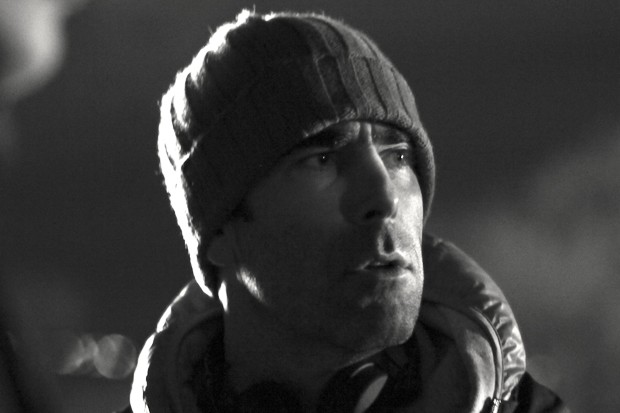Duane Hopkins • Director
"We need an emotional interpretation of what’s happening to the British working class"
- British director Duane Hopkins brings Bypass to the London Film Festival after screening it in Venice. Cineuropa speaks to him

Duane Hopkins’ movies combine dedication and cinema in equal measure. Bypass [+see also:
film review
trailer
interview: Duane Hopkins
interview: Samm Haillay
film profile] depicts a British social drama from a never-before-seen point of view. It tells the story of Tim, a young working class man who is struggling to support his little sister in his parents’ absence, while at the same time he tries to avoid criminal life. The London Film Festival revives the film in its Dare section. Hopkins is also founder, together with Samm Haillay, of Third Films, producer of various shorts awarded at the Venice and Berlin festivals.
Cineuropa: Your debut feature, Better Things [+see also:
film review
trailer
film profile], depicted a group of teens who lived in a drug-filled environment. Why did you decide to focus on youth issues in Bypass?
Duane Hopkins: I became interested in the story for Bypass while I was filming that first movie. I spent a lot of time in small cities in the United Kingdom, researching the project and I found that many of those young people had things in common. They have family problems, they live in troubled environments, they’re intelligent but they can’t go to school and they’re faced with unemployment. I got to know the individual experiences of some of them and I decided to tell their story in a screenplay. Newspapers provide an intellectual interpretation of the situation in which people live in many parts of the country, but the emotional reality of these people is never illustrated. And that’s what I wanted to deliver through the characters in Bypass.
The movie raises a lot of questions and attempts not to focus solely on answers. However it does seem important to show some hope in the story…
Yes, absolutely! It’s important to keep in mind that many of these people, in different circumstances, would be extremely well-prepared to make a positive contribution to society. We have to try to not demonize those who live on the wrong side of the law; likewise we shouldn’t demonize the State because in many cases it does the best it can.
Tim’s character, played by George MacKay, is a kid who’s in the wrong place. His personality is in contrast with the reality of his world. The actor who would play him had to have very specific characteristics.
It was difficult to find the right actor. I met George during casting; I hadn’t seen his previous work. He was barely 20 years old and immediately I saw in him extraordinary integrity. Despite his age he appeared respectable, with a great sense of morality. Over time, some of his personality became part of the character.
You seem to be very committed to the stories that you show on screen. Does the same occur when you work as a producer?
You could say that part of our line of work in Third Films is to generate debate around certain issues. But, although there’s a commitment, as a director I know how important it is for producers to offer creative freedom. When I want to make a movie my way, I write and direct it.
Bypass was screened at the Venice Film Festival online for the entire planet in the Web Room section. Would you be in favour of cinema distribution being transferred to the digital world?
I don’t think that you can substitute the feeling of the shared experience of seeing a movie in the cinema. Luckily that tradition is well-preserved in film festivals, and it’s not going to disappear. We have to accept that a huge part of the movies we consume is via a computer or a tablet screen. That’s already a reality. In short, what really matters is that the movies are seen.
(Translated from Spanish)
Did you enjoy reading this article? Please subscribe to our newsletter to receive more stories like this directly in your inbox.
















